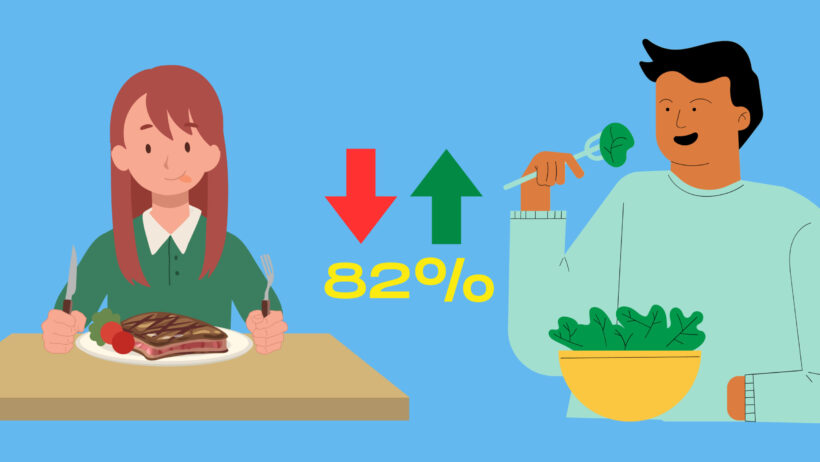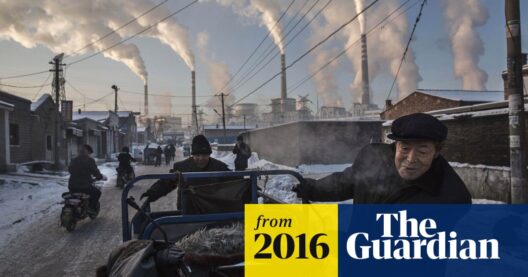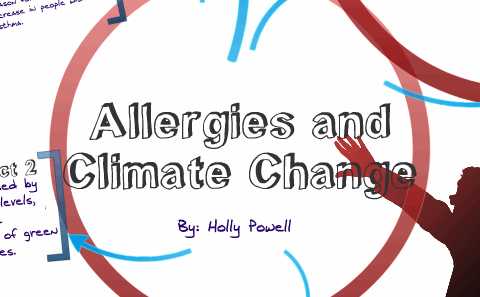Climate change has become a looming specter over our collective future, a ripple effect of various industries contributing to an unprecedented impact on our planet. Among these, the food and meat industries stand out as significant players in this existential crisis. Understanding how our food choices relate to environmental degradation is paramount to fostering a sustainable future.
At first glance, the connection between what’s on our plates and atmospheric alterations may not seem apparent. However, as one delves deeper, the intricate web linking agricultural practices and climate change reveals itself. The straightforward reality is that our food systems significantly contribute to greenhouse gas emissions, deforestation, and biodiversity loss. Hence, re-evaluating our relationship with food is not just prudent—it’s essential.
The cultivation of crops and livestock emits copious amounts of greenhouse gases. Notably, methane—a potent greenhouse gas—is released from cattle during digestion and manure management. According to estimates, the livestock sector is responsible for around 14.5% of all anthropogenic greenhouse gas emissions, a staggering figure that positions the meat industry as a primary driver of climate change. Each steak consumed has an environmental cost woven into its very fibers.
Land use is another crucial aspect of this narrative. The production of meat necessitates immense amounts of land for grazing and growing feed crops. This demand leads to deforestation, particularly in biodiverse regions like the Amazon rainforest. Rainforests are not merely beautiful landscapes; they serve as vital carbon sinks, absorbing CO2 from the atmosphere. Their destruction not only releases stored carbon but also jeopardizes countless species and disrupts local climates.
Furthermore, the mechanization and industrialization of food production perpetuate pollution at alarming rates. Fertilizers and pesticides used in crop production saturate the soil, often leaching into nearby water bodies. This leads to eutrophication, a process that depletes oxygen in aquatic environments, rendering them lifeless. Consequently, the interconnectedness of our actions, even when seemingly detached from the global scale of climate change, becomes unsettlingly clear.
Not to be overlooked is the substantial water footprint associated with meat production. Livestock requires significant quantities of water for drinking, feed, and processing. The most extreme example is the production of beef, where it takes approximately 1,800 gallons of water to produce a single pound. In the throes of climate change, where water scarcity is on the rise, such unsustainable practices could exacerbate existing socio-economic disparities and threaten global food security.
The industry then perpetuates a cycle of injustice. From environmental degradation to health crises linked to processed foods, the consequences of current agricultural paradigms disproportionately affect vulnerable populations. Communities in lower-income regions often bear the brunt of pollution and climate-related adversities, highlighting the inequities ingrained within our food systems.
However, a paradigm shift is not only possible but necessary. The concept of sustainable eating bolsters the idea that consumers can influence agricultural practices through their choices. A transition towards plant-based diets could drastically reduce the environmental toll inflicted by food production. Embracing a variety of plant-based alternatives can lessen our reliance on resource-intensive meat products, subsequently diminishing greenhouse gas emissions and water usage.
Moreover, regenerative agriculture—the practice of nourishing soil, enhancing biodiversity, and drawing down carbon—holds promise as a solution. This ecological approach can restore degraded lands while promoting food security. By prioritizing farming practices that focus on soil health and carbon sequestration, we can forge a new path that prioritizes environmental sustainability and promotes resilience against climate change.
The complexity of this issue also extends to consumer behavior. Individuals often find themselves caught in a web of information and misinformation on food sourcing and production practices. It is crucial to support transparency within the food industry, advocating for labels that signify sustainable practices, humane treatment of animals, and fair labor rights. Informed consumers have the power to instigate positive change, heralding a future where environmental stewardship becomes a foundational principle of our food culture.
Innovations in technology and sustainable practices can significantly augur a more promising future. Advances in lab-grown meats and plant-based alternatives reflect a societal shift toward addressing climate change through food innovation. Such developments can help meet protein demands without the destructive practices associated with traditional livestock farming. However, widespread acceptance and integration into mainstream diets will elucidate the necessity of these advancements.
Additionally, local food systems present an avenue ripe with potential. By committing to local, seasonal food sources, communities can minimize carbon footprints associated with transportation while bolstering the local economy. Supporting small-scale farmers engenders a stronger relationship with food, emphasizing the importance of knowing where our nourishment comes from.
The dialogue surrounding food and climate change is evolving, shaped by the confluence of knowledge, activism, and consumer choices. Fostering an awareness of how individual dietary choices impact our planet is crucial, reframing the narrative from one of helplessness to empowerment. One’s plate can indeed influence the health of our planet.
The concept extends further, suggesting that by transforming our food systems, we can reshape societal structures. By embracing dietary shifts and sustainable practices, we foster ecological harmony, improve public health, and ensure food security for future generations. This transformative journey starts with each one of us—by considering not just what we eat, but the broader implications behind those choices. As the food and meat industries adapt, will we take the necessary steps towards a more sustainable and equitable world?








